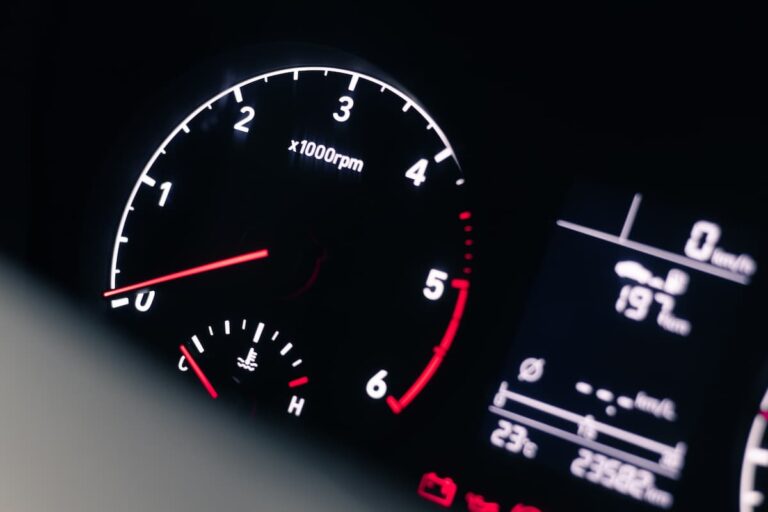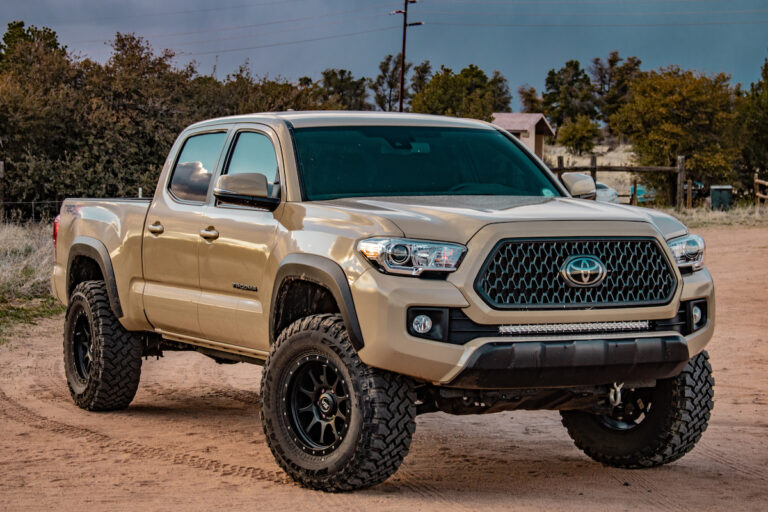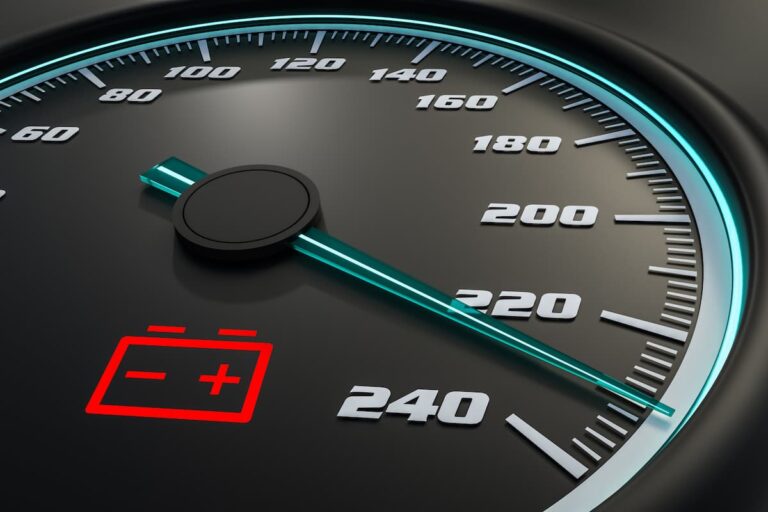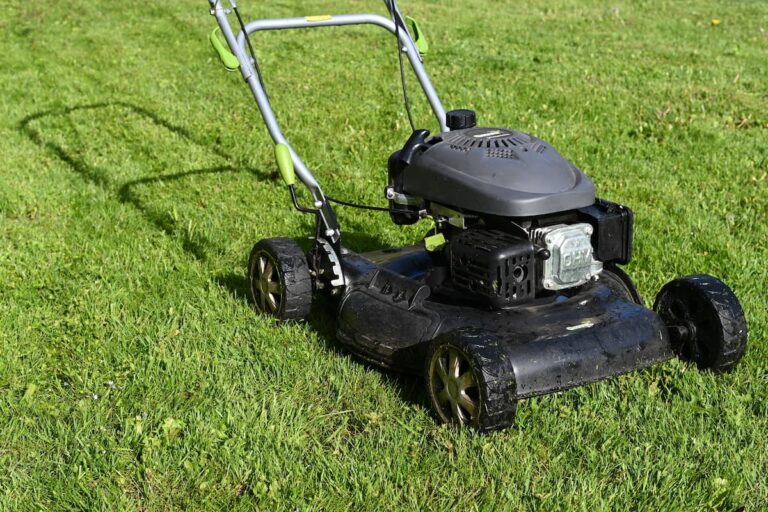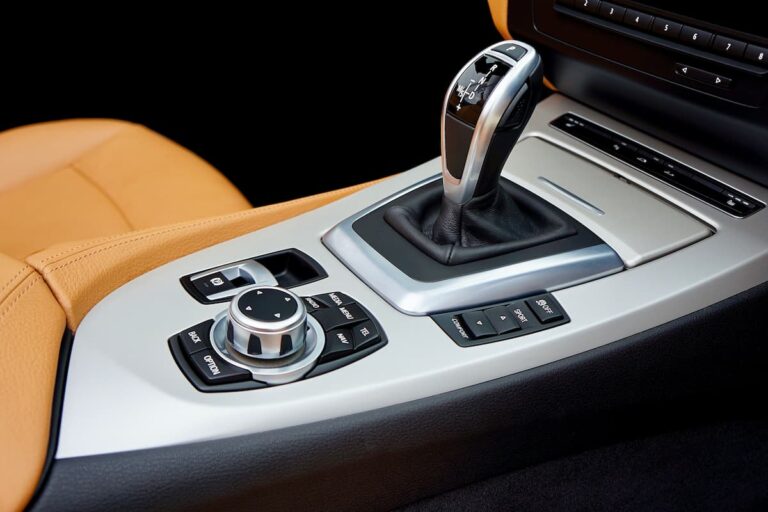What Happens If Your Car Gets Totaled?
Car accidents are terrible regardless of the circumstances. They’re even worse when your vehicle suffers extensive damage.
After you submit a claim to your insurance company, they’ll determine whether the car is worth fixing or if it’s a write-off.
If the damage to your vehicle costs more than it’s worth, your insurance company may consider the vehicle totaled. Your insurance (or the insurance of the other driver) will pay you the value of your vehicle minus any deductibles in your policy. If your car is financed, this check will be payable to you or the holder of your loan or lease.
When is a Car Considered Totaled and What Happens Next?
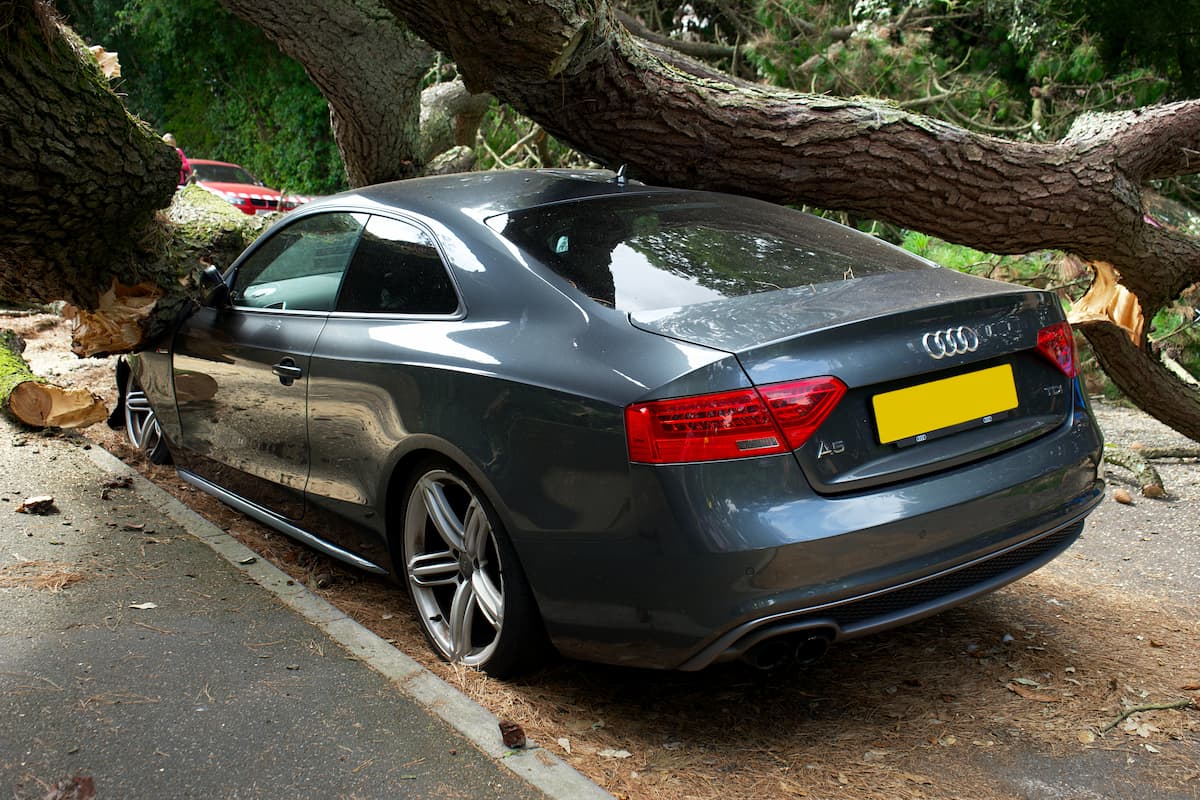
Car accidents are awful and can carry significant financial repercussions. Knowing what to do and acting quickly can help save you a lot of money.
Firstly, you need to understand when a vehicle is considered totaled.
After an accident, you should report the damage to your insurance company as soon as possible. Failing to report an accident can prevent you from receiving the benefits you’ve paid for.
Once the insurance company has the information they need, they add up the cost of repairs and will deem the car totaled if the repair costs exceed your vehicle’s value.
For example, if you’re involved in an accident and repair costs are $10,000, but your car’s value is less than $10,000, the insurance company will write off the car instead of paying for the repairs.
The amount of money you receive varies depending on your coverage at the time of the accident.
It’s best to check your policy and confirm details with your insurance company, but most drivers usually have either comprehensive coverage or collision coverage.
Comprehensive coverage will cover your totaled vehicle in nearly all cases.
You may also be required to buy collision coverage, which covers your vehicle if it is totaled when involved in a collision with another vehicle, tree, guardrail, or any other object.
Collision coverage can cover your vehicle, regardless of who is at fault for the accident.
Another provision exists for when an uninsured driver totals your car. It’s a complicated policy that can be useful if someone uninsured is at fault for the accident.
Once your vehicle is written off, the insurance company will send you a check payable to you or the holder of your car loan. You won’t be on the hook for the repair costs, as typically, your insurance claim is processed before any repairs are made.
If you financed your vehicle and are still paying off that loan, you’ll be able to pay for it with the insurance money. If you’re lucky, you’ll have some cash left over to buy a new car.
When you owe more on your car than the payment you receive, you are still responsible for paying off that loan.
If you have financed your vehicle, you can add loan or lease-gap insurance to protect against this. This optional coverage pays the difference between your vehicle’s cash value and the unpaid balance on your loan/lease when your car is totaled in an accident.
You can also file a claim against the other driver’s insurance if you are in a collision where you are not at fault (i.e., you weren’t the cause of the accident).
How Much Damage Totals a Car?
It’s difficult to pinpoint how much damage totals a vehicle. In some cases, it may be obvious, such as when a car is crushed under a semi, submerged in water, or is literally in pieces.
Most of the time, it’s harder to tell if a car has been totaled.
Just because airbags deploy doesn’t mean the car can’t be saved.
The biggest thing to keep in mind is your vehicle’s actual cash value. You might have spent $30,000 (or more) on it, but once you drive it off the lot, it’s no longer worth that.
Your insurance company will use your car’s current market value when determining whether it should be repaired or written off. Current value depends on the mileage, the year, the model of the vehicle, the condition of the car, and even its popularity.
The current value is then weighed against the damage to the car. What seems like minor damage may still end up totaling your vehicle.
If you drive a car that isn’t worth much, lower repair costs can still mean your insurance will write it off.
Does a Totaled Car Impact Your Credit?
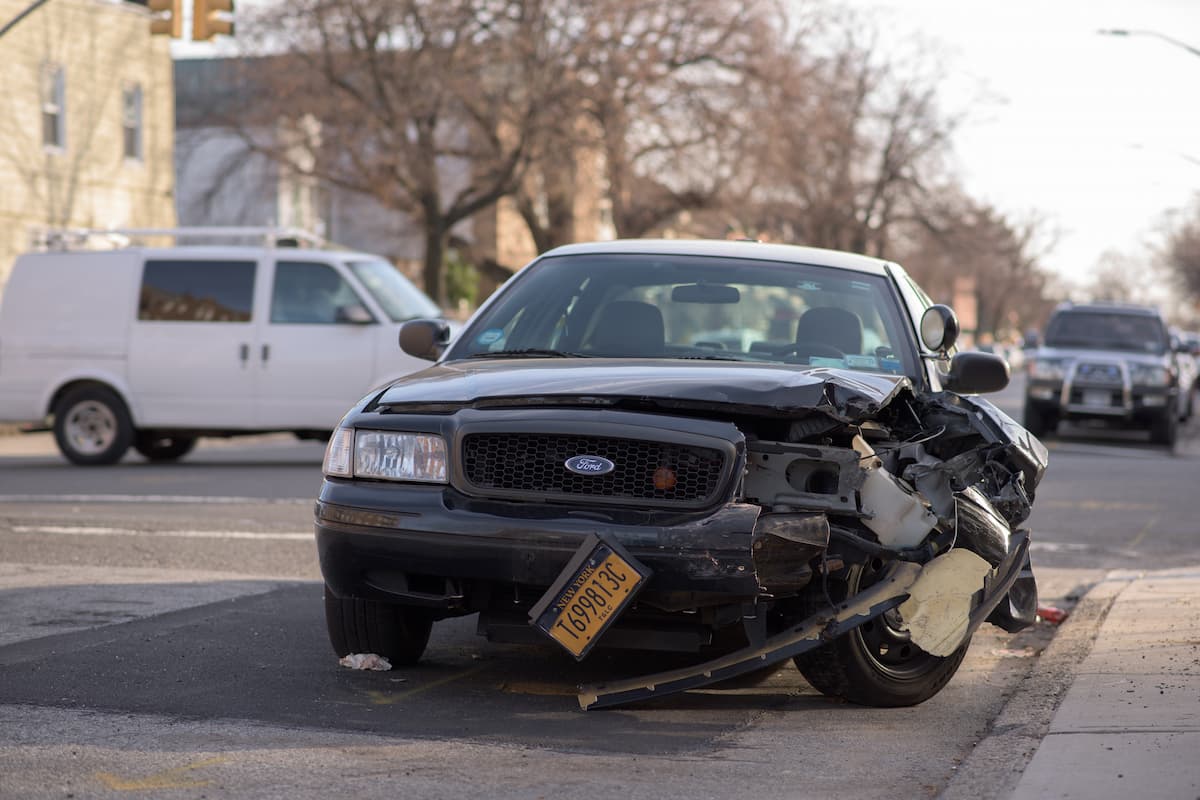
Fortunately, totaling a vehicle shouldn’t impact your credit score, and any severity of an automobile accident should not affect your credit.
To ensure the accident doesn’t impact your credit rating, you must work closely with your insurance company and lender. If you owe money on a totaled car, those payments will affect your credit until the loan is paid off and closed.
The good news is that your insurance check should be payable to your lender, meaning you can put that money towards your loan balance.
The bad news is that you may not have leftover money for a new vehicle and may have to take out a new loan.
You may also end up with higher insurance premiums because of the accident on your record, but thankfully, higher premiums don’t impact your credit score.
Conclusion
Car accidents are stressful, potentially leading to physical, mental, and financial repercussions. You can alleviate much of the pressure by knowing what to do when your car is totaled.
If you’re in a collision, you will have to report the incident to your insurance company. They will assess the damage and determine whether the vehicle is worth fixing.
A vehicle is deemed a total loss if the repair costs exceed its current value. You will receive the actual cash value as payment and can use the money to pay off or pay down your car loan or lease or use it to buy a new vehicle.

